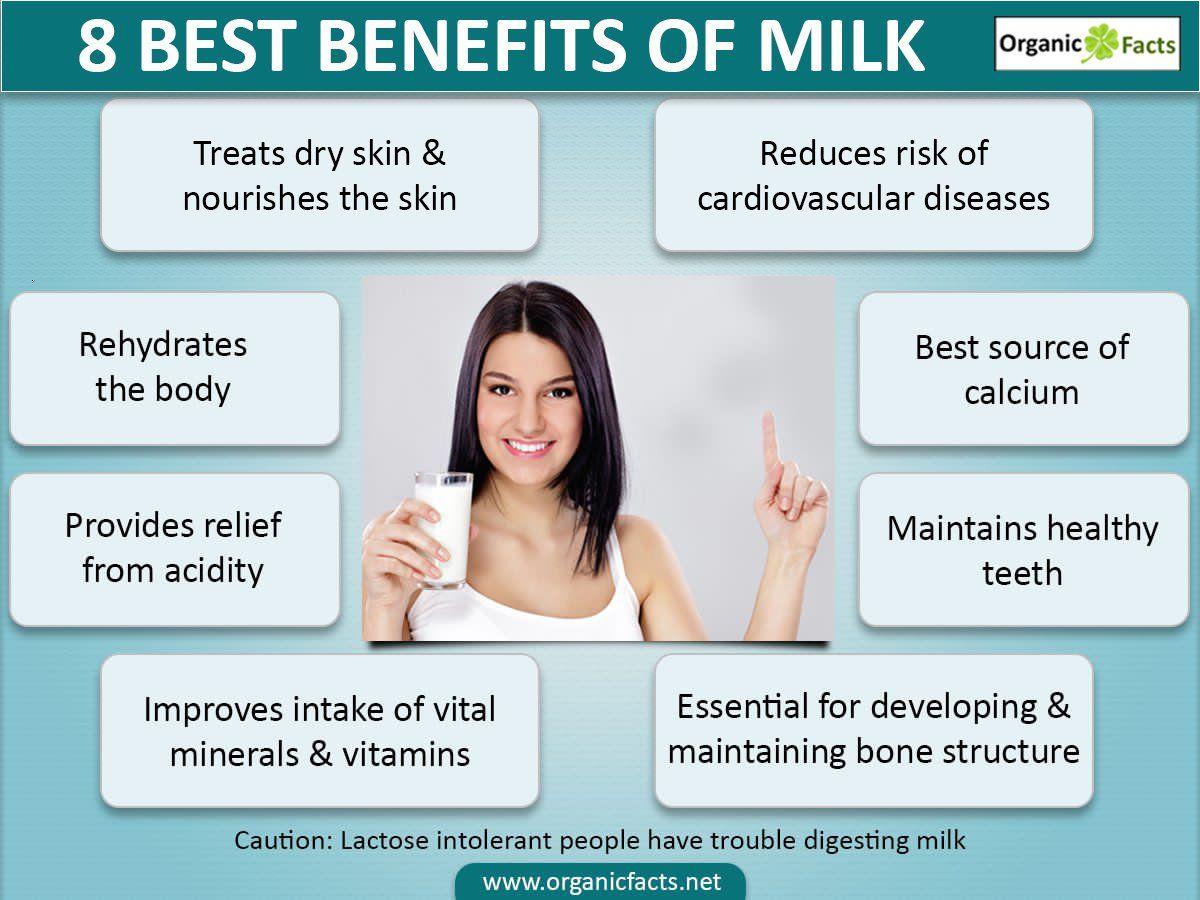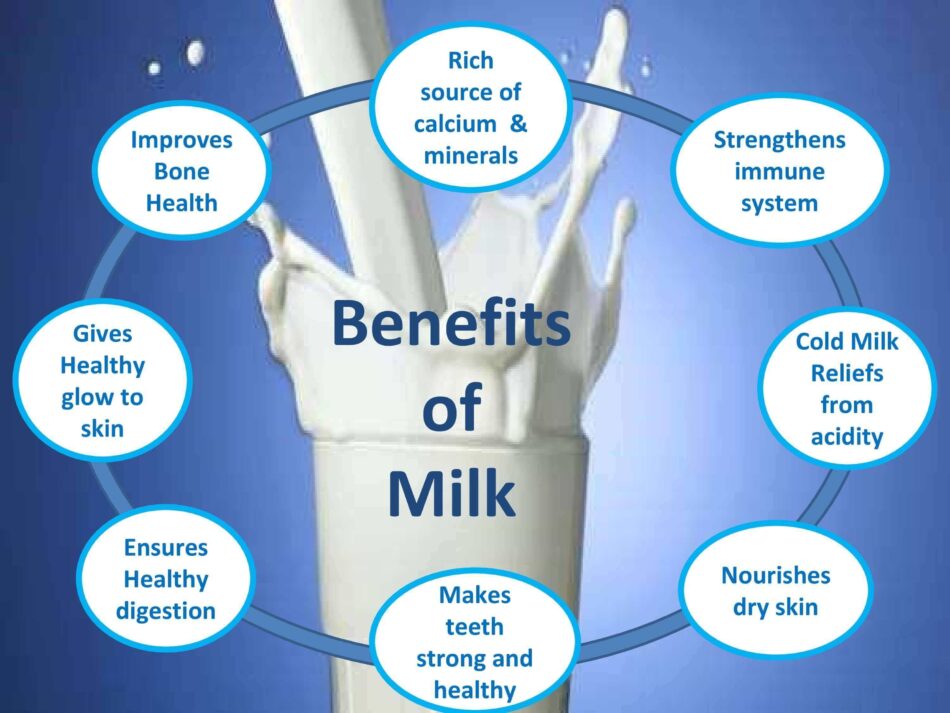Milk is an incredibly nutrient-rich food, packed with essential minerals like calcium and protein as well as fortified vitamins. Not only that, but it may help prevent heart ailments as well.
Milk’s high calcium content helps to strengthen bones, decreasing the risk of osteoporosis and fractures.
Calcium
Milk and other dairy foods are a primary source of calcium for many people. Not only do they supply necessary minerals like calcium to support strong bones, but they also contain other essential vitamins needed by the body to build them.

Low calcium intake in the diet can lead to weak and fragile bones, known as osteoporosis. Consuming 3 cups of milk or milk products daily helps strengthen bones and reduces the risk of fractures.
To get enough calcium, aim for a balanced diet consisting of fruits, vegetables, grains and dairy foods. Fortified juices and breakfast cereals can also provide great sources of this vital nutrient.
Vitamin D, found in foods like milk and yogurt, can assist calcium absorption and maintain adequate blood levels of this mineral for healthy bone development. Children especially benefit from getting their daily serving of this essential nutrient through fortified milk or taking supplements.
Vitamin D
Milk is an excellent source of vitamin D, which aids in the absorption of calcium and phosphorus from your intestines. Furthermore, this nutrient may reduce your risk for various chronic illnesses like heart disease or cancer.
It is essential to get enough calcium in order to prevent rickets (softening of bones) in children and osteomalacia (marrow failure) in adults. A deficiency can also cause fatigue and mental confusion.
Vitamin D deficiency has been linked to a range of chronic illnesses, such as high blood pressure, obesity and insulin resistance. Supplementing your diet with enough Vitamin D can also improve brain function and protect you against depression and autoimmune disorders.
Protein
Milk is an ideal source of protein for those on a low-fat diet. Additionally, it contains high amounts of whey protein, which contains the branched-chain amino acids leucine, isoleucine and valine.

Protein is essential for keeping your body strong, healthy and fit. It plays a significant role in building muscles, skin and blood, helping protect against diseases like diabetes and heart disease.
Eating high-protein meals is also beneficial for your bones and teeth. Research suggests that eating a high-protein diet may increase bone density, decreasing the likelihood of fractures.
Dairy products are one of the healthiest foods you can eat. They contain proteins, lipids, vitamins and minerals that benefit digestion as well as immune function. Furthermore, they have antioxidant properties and contain bioactive peptides which may benefit those suffering from cancer, inflammation or cardiovascular disease. Furthermore, dairy products contain calcium which benefits bone health by decreasing osteoporosis risks.
Omega-3 fatty acids
Milk is one of the best sources for omega-3 fatty acids, but even after it has been fortified with them it still doesn’t provide enough to meet recommended intakes.
Many health organizations recommend that adults obtain 250 to 500 milligrams of EPA and DHA combined per day.
They provide numerous advantages, such as lowering blood pressure, decreasing triglycerides and relieving overall inflammation.
They can also prevent blood clots, as well as promote brain and eye health.
If you want to ensure you’re getting enough omega-3s from your milk, opt for organic. Studies have revealed that organic cows whose diets often include plenty of grass contain significantly more omega-3s than conventionally raised dairy cows.








